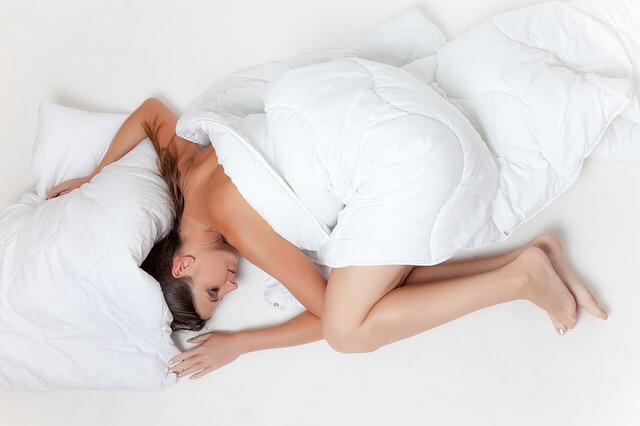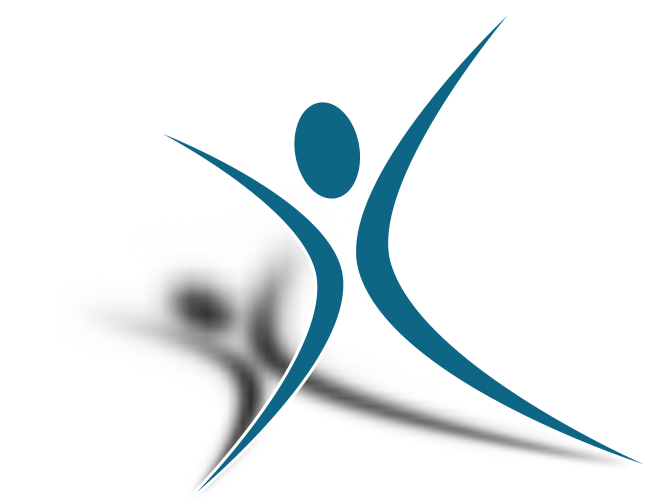
The Almighty Fetal Position
Sleeping fetal feels right
No matter some estimates say that as many as 40% of adults in America prefer this position for sleeping each night. At least they aren’t sleeping on their stomachs- which most experts agree is the worst sleep position for the spine. On the flip side, sleeping on your back is recommended by most back care experts, including our office at Bay Area Spine Care Office. Chances are, no matter what anyone tells you, you are going to select the sleep position that feels the most comfortable, even if that happens to be on the stomach. But it is possible to train yourself into preferring a different position- it just takes a spark of awareness and a flame of discipline. So here’s the spark:
The fetal position is not perfect
Whereas, sleeping on your stomach accentuates lumbar lordosis and strains the muscles in the lower back, sleeping on your side or back can actually promote spinal elongation and reduce systemic pressures throughout the spine. The fetal position lies somewhere in the middle. On the plus side, the fetal position is great for blood circulation, which is why it is recommended for pregnant women. While it doesn‘t encourage spinal elongation like sleeping purely on the side or back, it does reduce spinal pressure significantly compared to sleeping on the stomach.
However, there is a tendancy among many fetal sleepers to coil themselves too tightly- bringing the knees up too high and tucking the chin too low. As you can see, this position actually increases pressure and compression throughout the spine. So it is important to choose a loose fetal position- one in which you maintain a straight curvature through the neck and only slightly raise the knees. You can boost the comfort factor further by using a pillow between the legs for separation and to ease tension in the hips.
Sleeping more comfortably in Alameda
Comfort is the key! If you are struggling to sleep because of back pain, give our office in Alameda a call to schedule an appointment today. We help ease systemic tension and realign the spine to help you feel more comfortable as bed time approaches. If your sleep position is contributing to your pain, we can help you find the desire and discipline you need to change it for the better.
